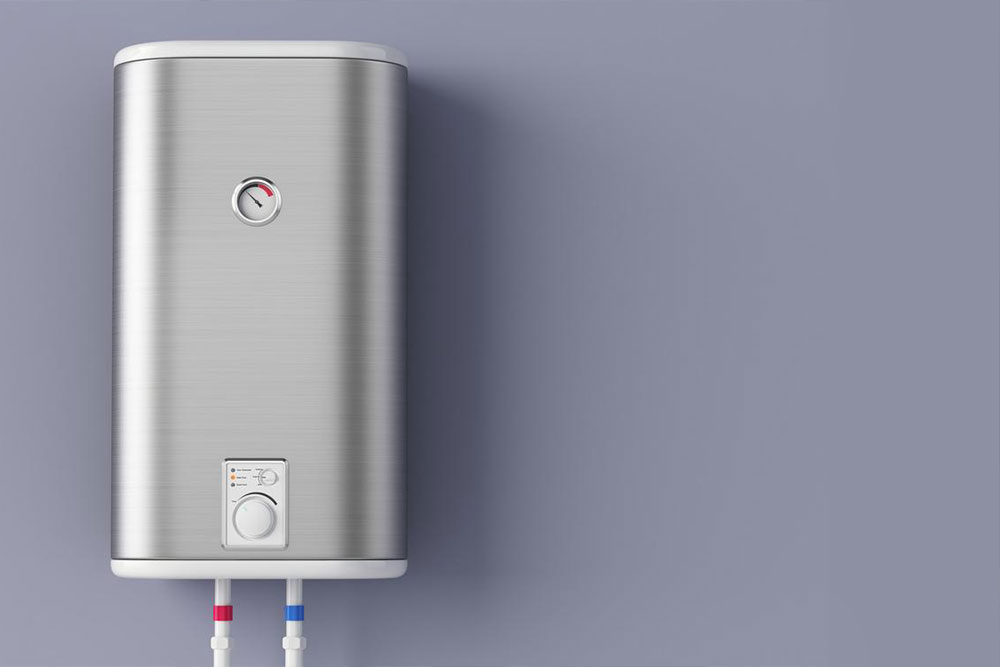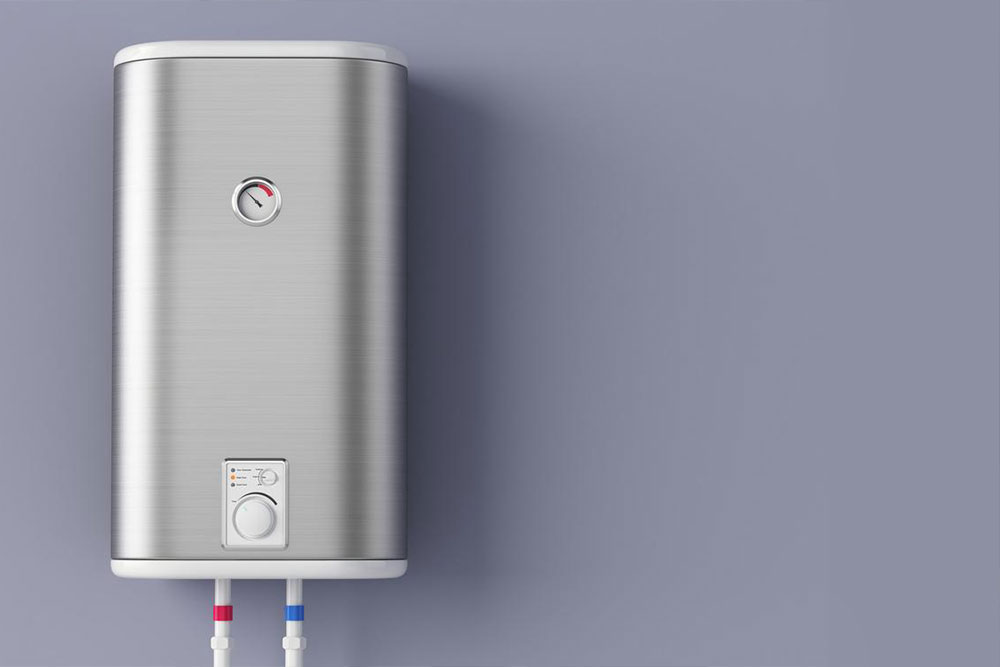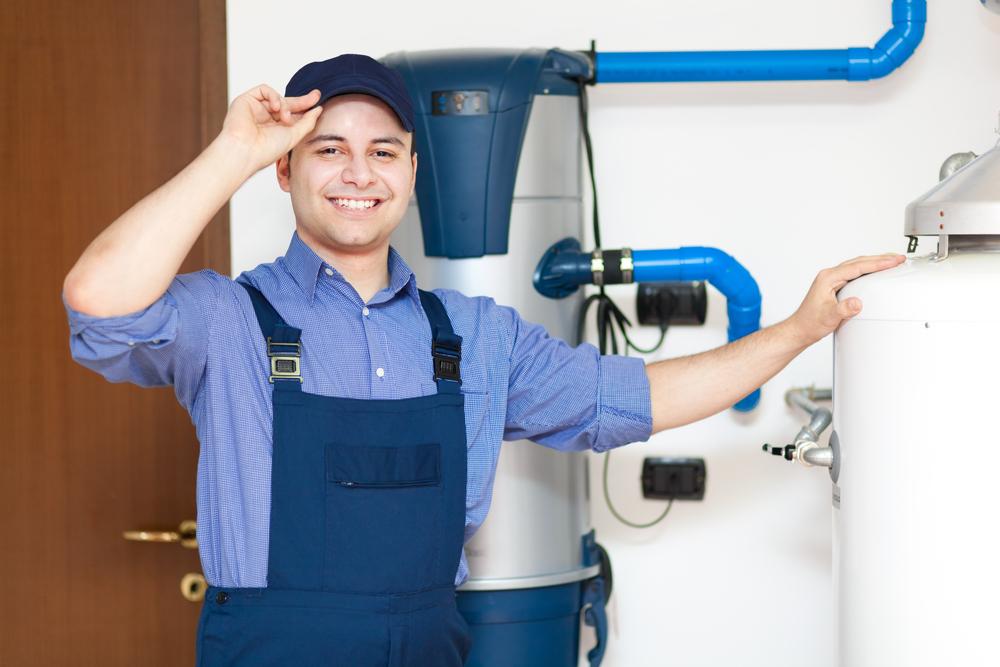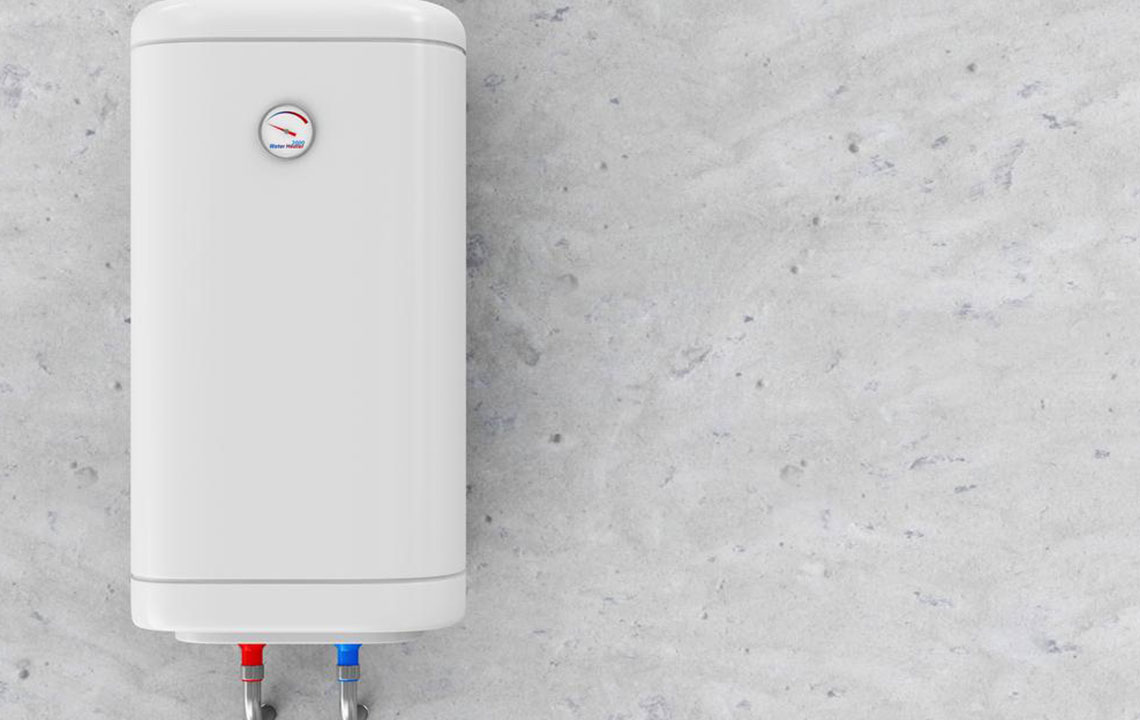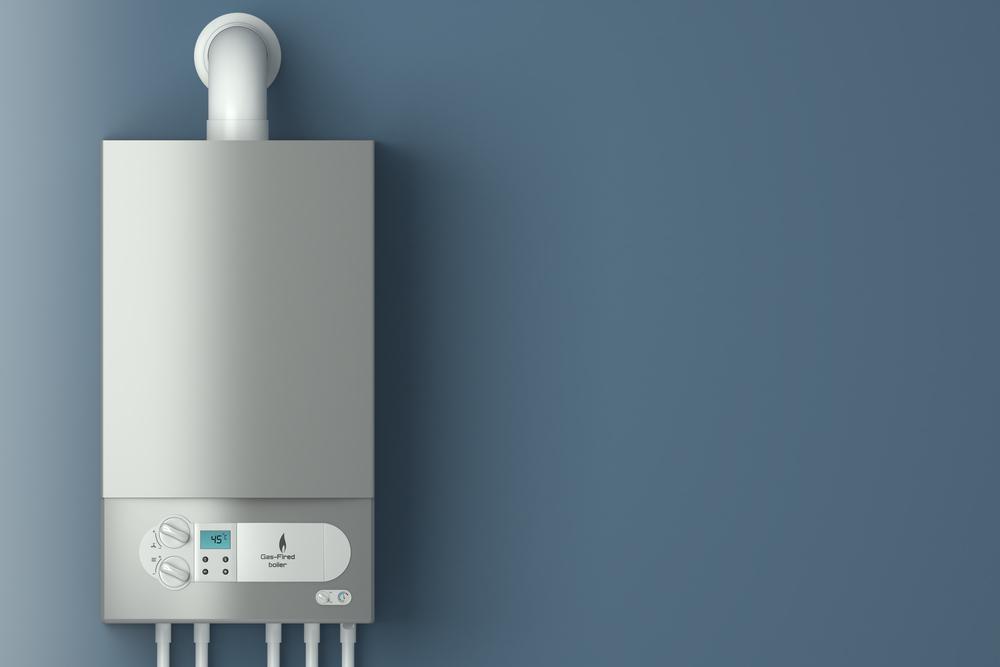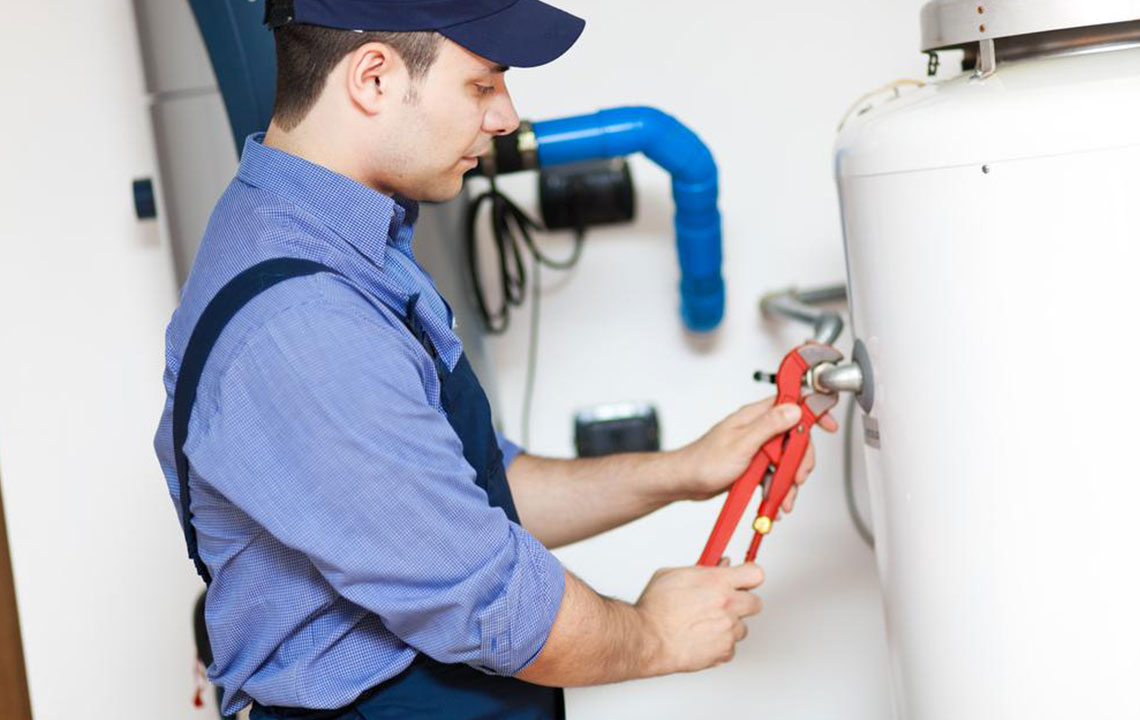In-Depth Guide to Different Types of Water Heaters for Your Home
This comprehensive guide explores the various types of water heaters suitable for residential use, including traditional tank models, tankless systems, solar solutions, and hybrid options. It covers their features, efficiencies, costs, and where to purchase them, helping homeowners make informed decisions to optimize comfort and savings. Whether upgrading an existing system or installing a new one, understanding these options can enhance energy efficiency and reduce utility bills effectively.

Comprehensive Overview of Domestic Water Heating Solutions
Heating water is an essential part of everyday household routines, but it also constitutes a significant part of your energy expenses. On average, American families spend between $400 and $600 annually on water heating, making it a noteworthy component of utility bills which can account for approximately 14% to 18% of total energy costs. Choosing the right water heater not only ensures comfort but can lead to substantial savings in energy costs and environmental impact. Given the variety of options available, understanding the different types of water heaters, their features, efficiencies, and costs is important for making an informed decision tailored to your household needs and budget.
Traditional Storage Tank Water Heaters
Storage water heaters are among the most common types used in residential settings. These units have a tank that stores hot water, typically lasting between 10 to 15 years with proper maintenance. They operate by continuously heating water in the tank to a set temperature, ready for immediate use. When a hot water tap is turned on, hot water is drawn from the top of the tank, and cold water enters at the bottom to be heated in turn. Storage water heaters are generally affordable upfront, easy to install, and come in various sizes to match household demand. Their simplicity, however, means they often consume more energy because they maintain a reservoir of hot water even when not in use, leading to standby heat loss. Despite this, advances in insulation and efficiency improvements have made them still a practical choice for many homeowners.
Tankless Water Heaters (On-Demand)
These units are often referred to as on-demand water heaters because they only generate hot water when there is a demand, rather than storing hot water continuously. This feature helps significantly reduce standby heat loss, leading to increased energy efficiency. Tankless water heaters typically have a lifespan of around 20 years and can be up to 34% more energy-efficient than their tank-based counterparts. The initial investment may be higher, but the long-term savings on utility bills can offset this expense. Energy Star-certified models are highly recommended for their superior efficiency and performance, often saving around $100 annually on energy costs. They are especially suited for households with moderate hot water needs or where space is limited.
Solar Water Heating Systems
Solar water heaters harness sunlight to produce hot water, making them an environmentally friendly alternative that can drastically reduce energy bills. These systems fall into two main categories: active solar thermal collectors (which use pumps and controls) and passive systems (which rely on natural convection without active controls). Solar water heaters can be up to 50% more efficient than traditional electric or gas models, significantly reducing dependence on fossil fuels. The primary drawback is their higher upfront cost and the need for backup systems like electric or gas heaters to supply hot water during cloudy days or periods of high demand. Despite the initial investment, the renewable nature of solar energy means lower operational costs and long-term savings, along with the added benefit of reducing your carbon footprint.
Tankless Coil Water Heaters
Unique among on-demand solutions, tankless coil water heaters operate without a dedicated storage tank. Instead, they heat water directly through a coil placed within a boiler or furnace as water flows through it. This setup allows for immediate hot water delivery, especially beneficial during cold seasons when demand is high, making them a good option for homes with existing boiler systems. Their efficiency depends on proper sizing and integration with the home's heating system, and they typically last around 10 years. Proper maintenance ensures optimal performance and longevity, making them a practical component of a comprehensive home heating strategy.
Heat Pump Water Heaters (Hybrid Systems)
These innovative units operate by transferring heat from the surrounding air to heat the water, rather than generating heat directly. This process is energy-efficient, especially in moderate climates, and can reduce electricity bills substantially. ENERGY STAR models are particularly efficient, capable of saving approximately $300 annually in energy costs. They tend to last between 10 to 15 years but require adequate space and ambient temperature conditions to function optimally. Because of their specific operating requirements, consulting a professional prior to installation is recommended to ensure compatibility with your household environment. They are ideal for environmentally conscious homeowners seeking long-term cost savings.
Indirect Water Heaters
Indirect water heaters use a boiler or furnace to preheat water through a heat exchanger, circulating the heated water into an insulated storage tank. This setup effectively combines space heating and water heating functions, making it highly energy-efficient if paired with a high-quality boiler. These systems typically last around 10 years and are suitable for larger households or homes with existing high-efficiency heating systems. Proper insulation further reduces heat loss, contributing to lower operational costs. Indirect water heaters represent an excellent option for those seeking integrated, efficient home heating solutions, especially during cold climates where both space and water heating are needed.
Where to Buy Quality Water Heaters
When selecting a water heater, purchasing from reputable suppliers guarantees performance and reliability. Some well-known retailers and suppliers include:
Water Heaters Direct, Fort Myers, FL
USA Water Heaters – Installation & Repair, Irvine, CA
Titan Tankless Water Heaters Distributor, Miami, FL
Water Heaters Only, Inc., Phoenix, AZ
Sears Hometown Store, Pennsylvania, KS
Fast Water Heater Company, Bothell, WA
Water Heaters Only, Inc., Riverside, CA
Stiebel Eltron, West Hatfield, MA
Ace Water Heaters Only, Inc, Wylie, TX
US Craftmaster Water Heaters, Johnson City, TN
Choosing the right water heater involves considering your household size, hot water demand, upfront costs, and long-term savings. Be sure to research online reviews, compare prices across different stores, and consult with professionals when needed. An efficient and suitable water heater can ensure your family’s comfort while minimizing energy expenses and environmental impact.
